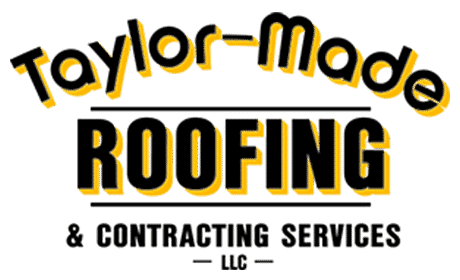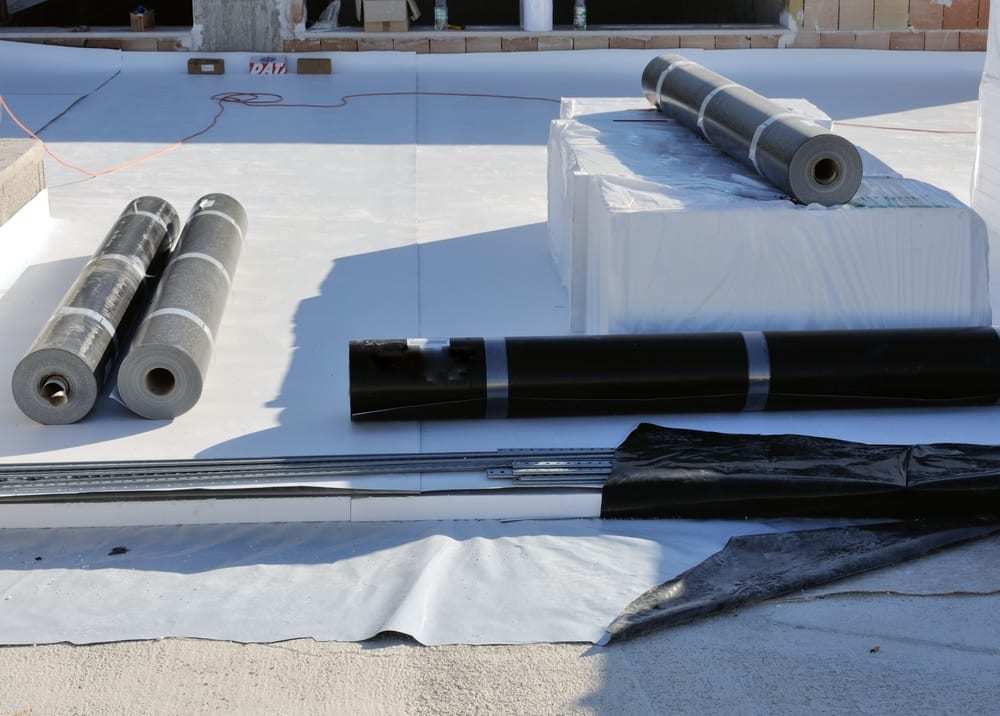From APP-modified bitumen to PVC Roofing, all the acronyms and options for roofing materials can leave you feeling confused and overwhelmed. However, all it takes is a little bit of research to figure out which roofing material is the right fit for your commercial building or apartment complex. Learning about PVC roofing pros and cons is a great place to start. PVC stands for polyvinyl chloride, and it is a single-ply roofing material commonly used on flat or sloped commercial and industrial roofs. Find out more about this versatile material and work with a contractor to determine whether or not you should invest in a PVC roof.
PVC Roofing Pros and Cons
Pro: Strong and Long-Lasting
Engineers create PVC roofs with durability in mind. This strong material’s membrane boasts a long service life, as it is specifically engineered for strength. Most PVC roofs last longer than 20 years, so you won’t need to worry about replacing your roof again for at least another two decades (source). The American Society of Testing and Materials requires PVC’s roofing membrane to have a minimum breaking strength of 200 pounds per inch; however, many PVC roofing membranes have an even greater minimum breaking strength. That means this material can withstand the inevitable micromovements that a building endures during harsh winds.
Con: Requires Complete Removal of Old Roof
To successfully install PVC roofing, your contractor might need to entirely remove the old roof on your building. After all, this material requires a flat, clean surface to adhere properly. Of course, with this extra work comes extra labor expenses. A PVC roof’s quality is only as good as your contractor, so make sure to choose a company that doesn’t take any shortcuts.
Pro: Resistant to Chemicals and Other Hazards
If your commercial building houses a facility that releases harsh chemicals through an exhaust vent on the roof, PVC is a great roofing option. This material can withstand frequent exposure to chemical compounds without wearing down. In fact, PVC’s strong membrane can also withstand exposure to animal fat from grease vents and even fire. This roofing material maintains a strong fire-resistance rating because it is difficult to ignite, burns slowly, and can even self extinguish once firefighters remove the flame source.
Con: Problems Occur with Age and Climate
Although PVC roofs can last up to 20 years, you’ll need to account for extra repairs once the roof reaches 10 years old. Unfortunately, older PVC is tricky to repair. The hot air welds required for application/repairs don’t perform as well on older roofs and the new sealants tend to wear away much faster. However, experienced contractors should be able to overcome these challenges if your roof is still in excellent overall shape.
In addition, if your building is located in a cold climate, your PVC roof will be prone to shattering and sustaining punctures. For this reason, you should prohibit foot traffic on your PVC roof when the temperature falls below 50 degrees. Schedule all your maintenance and repairs on a warmer day in the winter, or wait until spring or summer.
_____
After learning about PVC roofing pros and cons, are you ready to take the plunge? Partner with a contractor who will give you their honest opinion about whether or not this roofing material is a good choice for your building.
If you live in southwest Missouri, contact Taylor-Made Roofing for help. With over 20 years of experience in residential and commercial roofing, Taylor-Made Roofing is a company that you can trust with all of your roofing needs. Our family-owned business offers quality services, a reassuring warranty, and free estimates. For more information, please contact us online. We look forward to hearing from you!

